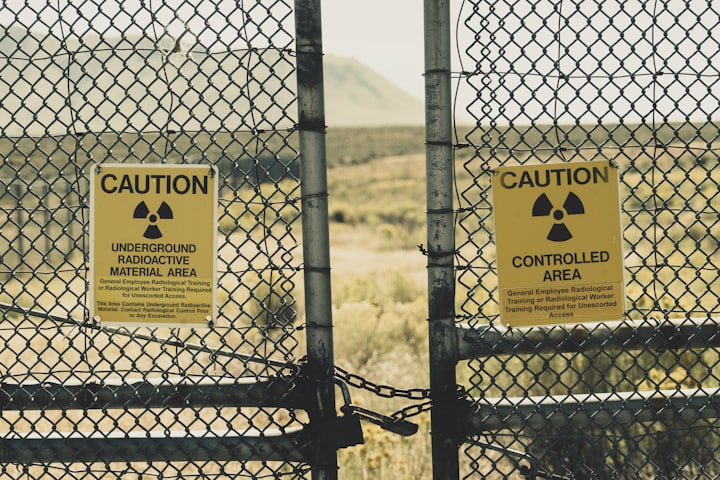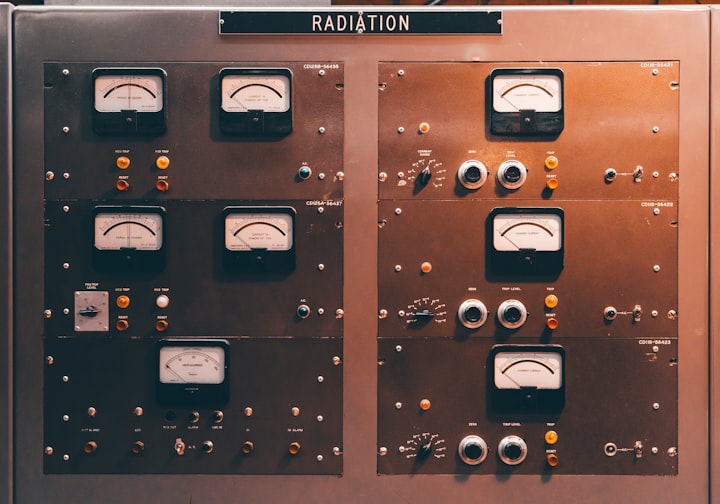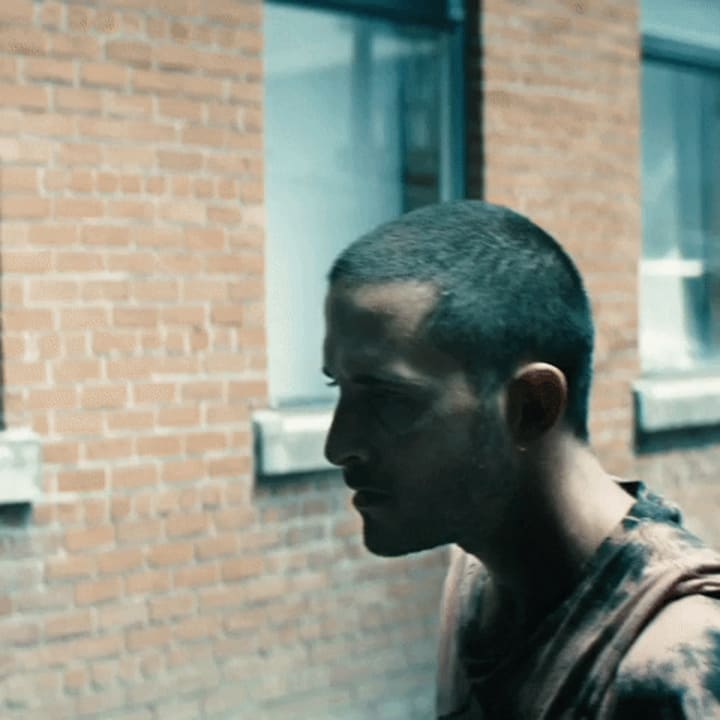
Did you notice how a lot of superhero (and supervillain) origin stories appear to have their roots in the effects of radiation accidents?
Most of the time, accidents caused by radioactivity (such as nuclear experiments that go wrong, a bite caused by an animal exposed to radiation, or exposure to cosmic and gamma radiation) are the catalysts that change these people (though not always in the best way).
They are tales that are familiar to most people who have ever read comics or watched films like Spider-Man, The Incredible Hulk, Fantastic Four, Daredevil, and others that fall within the superhero category.
You must admit that, no matter how bizarre and scary they appear, these stories, which are based on pseudoscience, are entertaining enough to whet your appetite and make you feel like your own in-between (or sourer) geek wants to see them be real.
Although these are phenomena that are well-known and are extensively researched by current scientists, the general public's lack of knowledge of these concepts could make them believe that radiation exposure will unleash a supernatural capability within them.
It's a matter of, "Can it be true?"
What is radiation?

First of all, radiation isn't just a one-in-a-million kind of luck-of-the-draw deal. In reality, radiation is all over the place. Radiation is the release of energy through waves or radiation. The rays travel across space in the form of light, as well as sound and heat.
The sun, for example, emits heat and light energy towards the earth. When you're using Spotify music, the energy of sound radiates from the speaker into the ears of the listener.
There are two kinds of radiation, classified by their intensity levels. The other is non-ionizing radiation, which is characterized by less energy and intensity and is considered generally safe.
There are many examples of this, including microwaves from mobile phones and radio waves from radios as well as televisions. However, ionizing radiation (e.g., gamma rays, x-rays) is more powerful and has higher energy intensity levels.
Ionizing radiation is created by radioactive or unstable particles. To achieve stability, radioactive atoms emit or release excessive energy (in the form of particles or gamma radiation) emanating from the nucleus. These emissions are referred to as radioactive radiation. Based on the type of atom as well as the intensity of the radiation, it can penetrate and may penetrate human skin and alter DNA.
But there's more to the story.

In comics, as well as other fiction, modifications to an individual's DNA can grant the person superpowers and later transform them into a "superhuman" of sorts.
However, in the current world, this is not the case. When an uncontrollable number of radioactive particles enter your body's tissues, it alters the structure of cells. The body is at risk of illness, radiation poisoning, or life-threatening diseases like cancer. Sometimes, it is enough to end the life of a human being.
It happens when radiation causes problems in the structure of DNA, causing fragments of it to fall out and, even more damagingly, breaking one or both double helixes. It's not necessarily harmful, since cells exist to repair the damage. However, the issue arises when cells fail, reach a point of no return, and then commit suicide via a process known as apoptosis, which can result in genetic diseases such as cancer.
So what, no superhuman powers
What about radiation that gives extraordinary abilities like superhuman powers? It's as simple as two letters: "No.

Let's begin with the Hulk. The possibility that Bruce Banner even survived his experience is unbelievable. A gamma-bomb (or nuclear disaster such as Chernobyl or Fukushima) isn't going to transform shy scientists into green-skinned giants. Don't think about turning into "the" Incredible Hulk; Banner would be dead in a heartbeat due to the effects of radiation or from instant burning. Gamma rays, however, aren't green. They're not visible.
In the films and comics, the cosmic rays that struck the Fantastic Four gave each of the four characters different abilities. Today, humans are bombarded by cosmic rays throughout the day. While they can pass through our bodies as many as 100 times per second, they are eventually stopped, slowed, and redirected by Earth's magnetic field and the atmosphere before reaching our bodies.
But, the Fantastic Four received a much higher dose when they were inside the Van Allen belts, which is a cluster of charged particles that are held together around Earth by the Earth's magnetic field. If this had been the case, as it was in Banner the Four, each Fantastic Four member could have ended up as a terrifying corpse.
For everyone's beloved neighborhood Spider-Man? If the bite of a radioactive spider is painful to you, don't anticipate crawling across the ceiling. There's nothing to worry about and no deviation from the typical result of the venom of a spider altering the DNA of humans. Additionally, the effects of radiation on the spider might or might not affect how its venom operates.
Even though the venom of the spider would be radiation-sensitive, Peter Parker would probably experience the usual side effects of being struck by an arachnid. Depending on the type of spider, the effects could vary from a painful feeling on the skin to the most horrifying death.
No superpowers, Only super side effects

Have you heard about Hishasi Ouchi?
During the accident, Ouchi was exposed to 17 sieverts of radiation. A dose of 8 sieverts is typically considered fatal, and a maximum dose of 50 millisieverts is permitted for Japanese nuclear workers.
Ouchi's exposure to radiation was so extreme that his chromosomes had been destroyed and the number of white blood cells had fallen to near zero. The majority of his body was covered in serious burns, and his internal organs suffered massive damage.
What was horrible was that he was revived on the 59th day after his heart had stopped three times in 49 minutes, disregarding his plea not to be left to suffer.
After being treated for a whole week, Ouchi managed to say, "I can't take it anymore... I am not a guinea pig". But, doctors continued treating him and taking steps to ensure his survival and ensured an extremely slow and painful death.
In the midst of 83 consecutive days of battle, Ouchi died of multiple organ failure on the 21st of December 1999. He was the first human being in history who was exposed to this amount of radiation at such a time. It was thought to be equivalent to the hypocenter of the blast at Hiroshima-Nagasaki.
So, now you know why it is not possible to get superpowers when one is exposed to radiation.





Comments
There are no comments for this story
Be the first to respond and start the conversation.